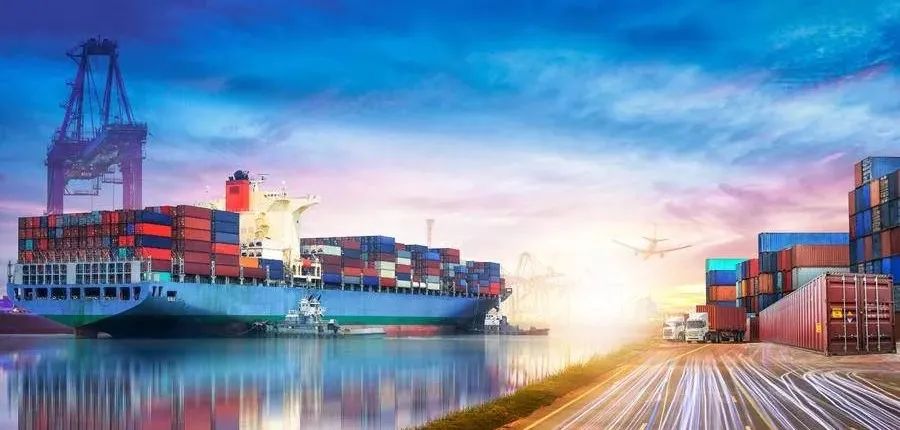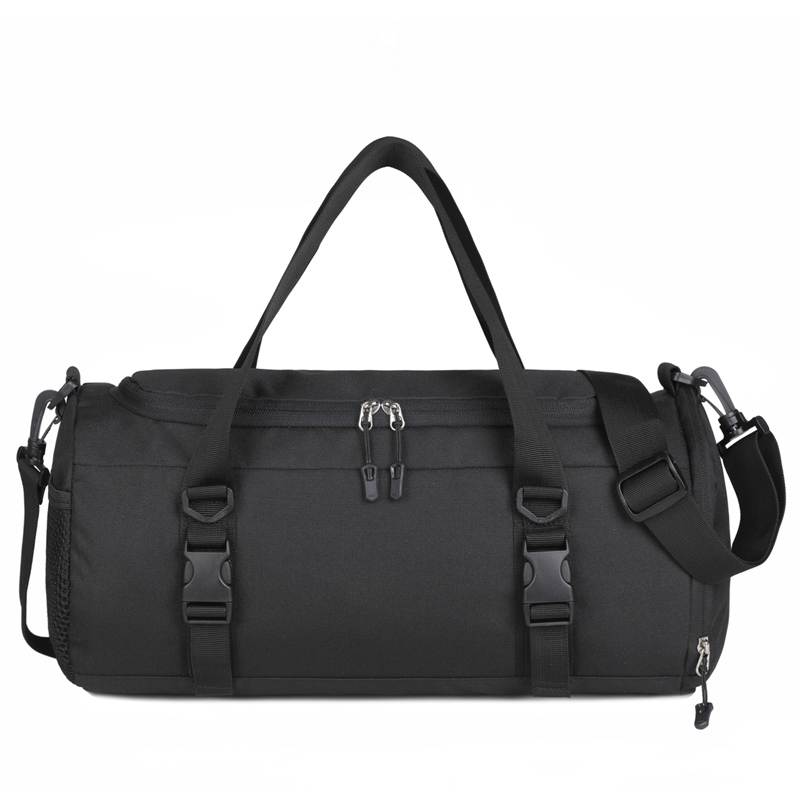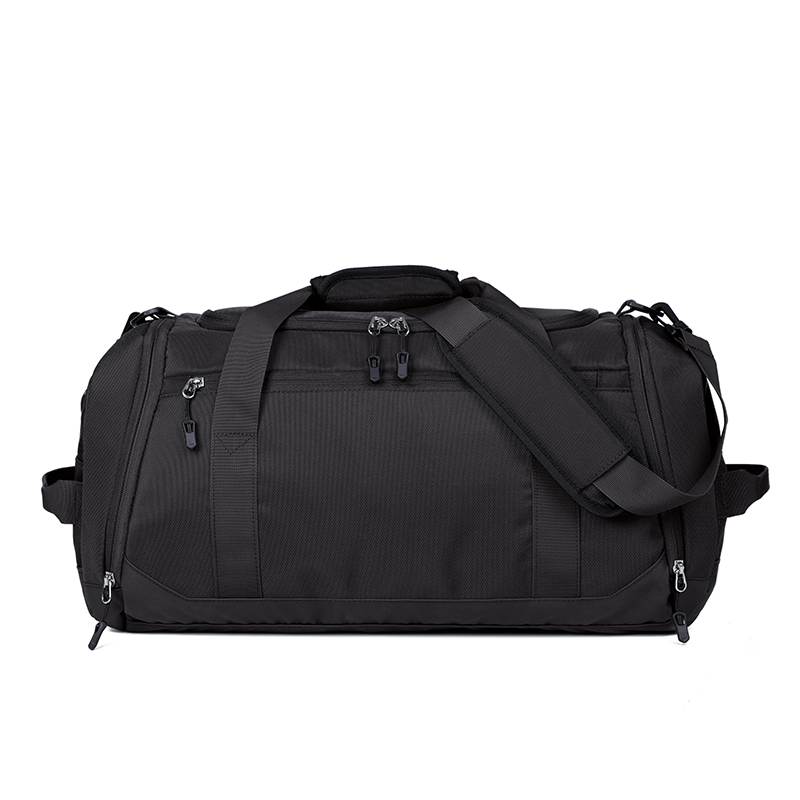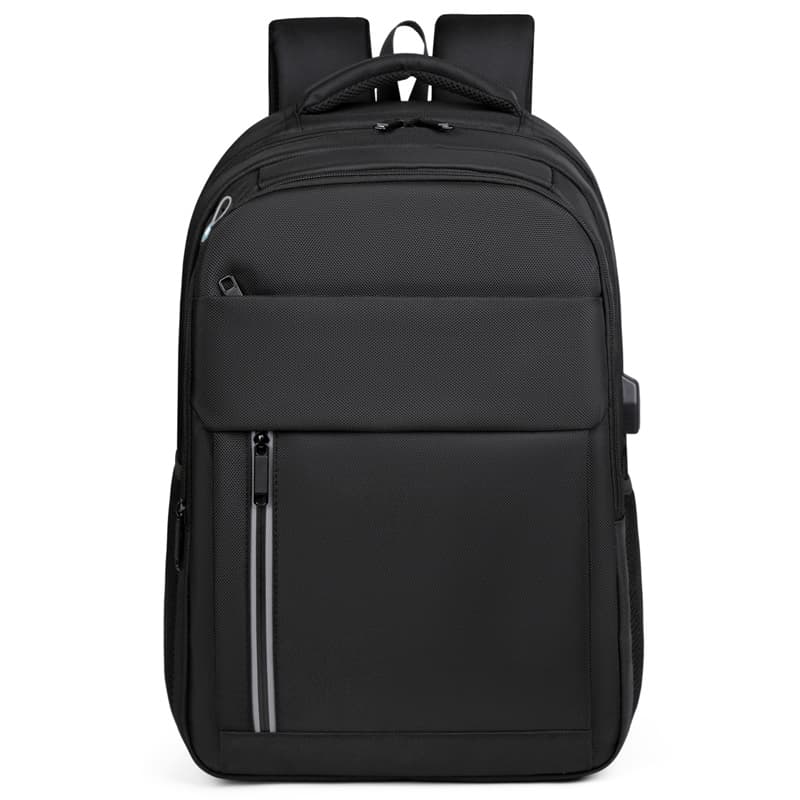Currency Plunges! Inflation is Close to 80%! Be Wary of the "Turkey Scam"
2022-07-27 10:52:06
hebei leimande
Currency Plunges! Inflation is Close to 80%! Be Wary of the "Turkey Scam"
A fast head of sea freight (2022-07-27 08:30) Posted in Liaoning
Turkey's central bank kept its policy rate at 14 percent on Thursday, despite soaring inflation and a global shift toward monetary tightening.
A sharp drop in the Turkish lira, higher gas and electricity prices, and the impact of the war in Ukraine on commodity markets have pushed inflation in Turkey to its highest level in more than 20 years. The consumer price index climbed 78.6 percent in June after rising 73.5 percent in May.
Currently, Turkey's inflation rate is nearly 80%, making it one of the most inflationary countries in the world. With prices skyrocketing, eating meat has become a luxury for the average Turkish citizen.
Butcher store owners said that in the past less than a year, the price of meat has increased by 100% and meat sales have declined. One Turkish citizen said, "If I had enough income, I would buy meat. The meat tastes good, but we can't afford it. "
The Turkish government's deteriorating finances and widening trade deficit have exacerbated Turkey's high debt. Data shows that the size of Turkey's foreign debt amounts to about 54 percent of GDP. At the same time, the local inflation rate and the unemployment rate remain high. The Turkish lira against the dollar and the euro exchange rate fell to a record low at the end of last year. The central bank sold foreign exchange reserves to resist the currency crisis.
The current exchange rate depreciation in emerging markets is about 6.24% on average. Among them, Turkey's exchange rate depreciation is 23.31%, total foreign debt/foreign exchange reserves up to 732%, and the highest debt risk among emerging market countries. The country's inflation rate currently stands at 78.6%. This figure is the highest in Turkey in the last 20 years. As a result of inflation, the international credit rating agency Fitch downgraded Turkey's credit rating from B+ to B and confirmed its economic outlook as "negative."
Because of the deteriorating economic environment in Turkey, freight forwarders' foreign trade shipments beware of the "Turkish scam"! This is also the product of Turkey's customs' "odd rules."
Before the ship arrives at the Turkish port, the freight forwarder is required to register the goods in the name of the consignee, any future changes, the original consignee's written consent is required. As a direct result of such a requirement, the title is transferred to the consignee before the actual delivery of the goods, regardless of whether the consignee has fulfilled its obligations under the trade contract.
According to Turkish customs regulations, the importer should complete the pick-up procedure within 45 days after the arrival of the goods; otherwise, the goods will be forfeited (confiscated) and auctioned. However, after the expiration of 45 days, the consignee (buyer) has two opportunities to apply for an extension of 30 days each, without submitting a reason for the extension. Thereafter, the consignee has another opportunity to apply for a 30-day extension to pick up the goods, but must explain the reasons for the extension to Customs. Therefore, with the cooperation of the consignee, the goods usually do not enter the auction process within 135 days after arrival, although it is difficult to avoid the costs of demurrage and storage during this period.
It is not impossible to return a shipment if you want to. But! A very important Turkish customs policy is that if the goods are returned after arrival, the consignee must agree in writing and present a "notice of refusal to accept"! The bill of lading must have the endorsement of the first consignee, such as if the consignee refused to endorse, only to notify the bank to return the bill of lading to the domestic bill of lading changes; goods placed in the customs four months later, the customs will be treated as if there is no owner. The original importer is the first purchaser.
Turkish Customs regulations and processes for the return of goods
1. The exporter submits a written statement to Customs explaining the reasons and causes of the return (such as non-receipt of payment for the goods) and requesting that the goods be returned.
2. the importing party issues a statement agreeing to the return of the goods (in the case of goods manufactured under a license, the importing party also needs to submit a statement indicating that it agrees to the exporting party's selling its products).
3. the exporting party to pay customs clearance fees, shipping costs, terminal handling charges (THC), loading fees (loading fees), and other costs (in practice, it is impossible to force the importing party to bear the above costs without receiving the goods).
This creates the conditions for scammers to cheat on the goods. At the same time, Turkey has a customs regulation that is unfavorable to exporters: according to the regulation, before the ship arrives at the Turkish port, the freight forwarder needs to register the goods under the name of the consignee. Many unscrupulous companies in Turkey seize these two points and deliberately delay the process, leading to the final customs auction, then buy at a very low price and sell at a high price to share the spoils.
The economy is facing high risk, especially with the current plunge in the Turkish exchange rate. Importers are forced to absorb cost pressure. It is likely to use this loophole to pit suppliers against So the recent shipments of Turkish shippers' freight forwarders should do a good job of risk control. Beware of the destination port's buyers' abandoned goods, non-payment, and other risks, so as not to lose money and goods.











